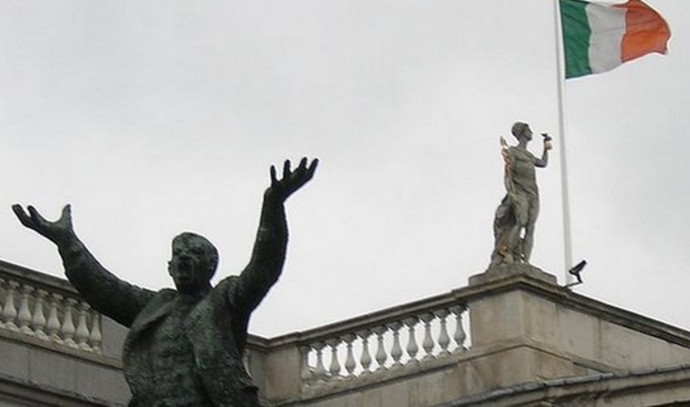rylah
Gold Member
- Jun 10, 2015
- 21,143
- 4,483
- 290
Good News: Bank of Israel Says Israel’s Economy Growing ‘Even Faster’ Than Expected
The inflation environment in Israel has in fact increased, but it is markedly lower than in the rest of the world and is within the target range, he said.
Israel’s economy is growing at an even faster pace that was expected, Bank of Israel Governor Professor Amir Yaron said in remarks published Thursday on the Bank’s website.
The inflation environment in Israel has in fact increased, but it is markedly lower than in the rest of the world and is within the target range, he said.
Businesses are reporting a better situation, and exports and imports remain at very high levels. In recent months, even the “proximity industries”, the industries that were hardest hit by the crisis, posted growth in credit card purchases by the public, he said.
“Israel’s economy is growing at an even faster pace than had been estimated until recently. We see this as well in the upward revisions of data on activity and of the forecasts, as well as in the notable revision by the Central Bureau of Statistics in historical growth data, which indicates a higher growth potential for the economy.
“This is a significant development at the macro level, and it can be asked if we can succeed in persisting over time at these growth levels that are close to 4 percent per year. The potential growth rate will be affected by various developments such as the continued development of high tech, the improvement of human capital and productivity, and the integration of population groups into the labor market.”
In an updated macroeconomic forecast also published Thursday, the Bank of Israel Research Department said GDP will grow by 7 percent in 2021, a higher rate than in the previous forecast.
In 2022, GDP is expected to grow by 5.5 percent, the Bank said. “The inflation rate is also expected to continue to increase this year, but to remain within the target range and total 2.5 percent at the end of 2021. It is expected to further decline to 1.6 percent at the end of 2022,” Yaron commented.

Good News: Bank of Israel Says Israel’s Economy Growing ‘Even Faster’ Than Expected
"It can be asked if we can succeed in persisting over time at these growth levels that are close to 4 percent per year."
 www.jewishpress.com
www.jewishpress.com



